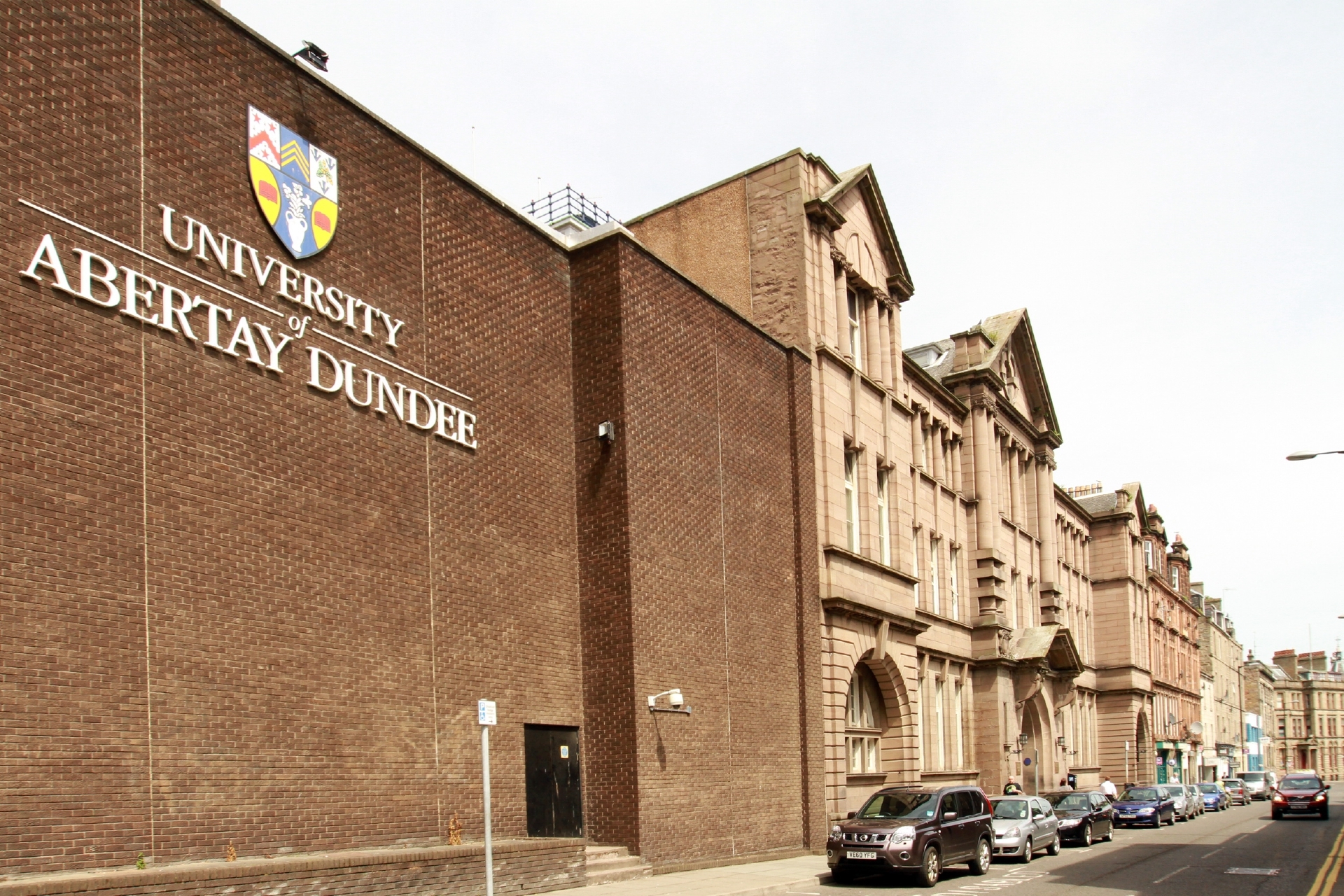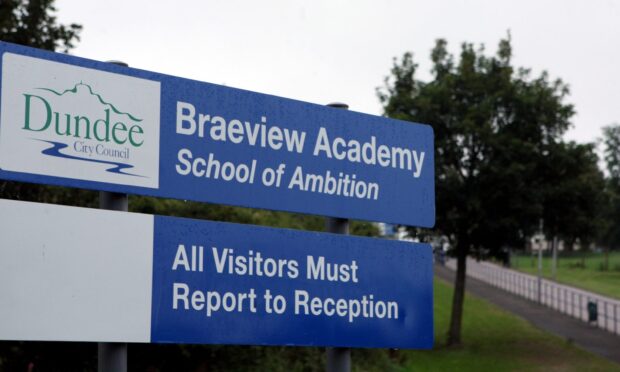Social media appeals that help trace missing children may lead to them being bullied , a major new report by an Abertay University academic has found.
Dr Penny Woolnough has co-authored the report which calls for better protection for children who went missing and their families after they have been found.
Abertay University will host the third International Conference on Missing Children and Adults this summer.
Dr Woolnough’s report says that while social media appeals can be vital in tracing missing children, its use also raises concerns about the child’s subsequent right to privacy and to be forgotten.
The report, which will be launched in Brussels on Thursday, reveals at least 250,000 children are reported missing in the EU each year.
Publicity appeals to trace them are launched online, via social media, on TV, radio and through newspapers.
But the report, produced by Missing Children Europe and the Centre for the Study of Missing Persons at Portsmouth University, found that the internet and social media are becoming the primary source of information-gathering and sharing.
It states these appeals can make the missing children feel they are cared for and more likely to return home safely.
But it warns the children then have no control over the “digital footprint” left behind about their disappearance.
In some cases abducted children have even experienced bullying upon their return to school.
Former police expert Dr Woolnough, from Abertay’s division of psychology, said: “The internet and social media are primary sources of information-gathering and sharing in missing children cases.
“However, until now no research has explored the impact this has on the individual days, weeks, months or even years after the missing episode.
“While publicity can be a critical and positive aspect of locating a missing child, it can also have very negative implications ranging from personal embarrassment in the short-term to concerns over a persistent negative public image, affecting things like job applications, in the longer term.”
She added: “Much more research is needed and important discussions over a child’s privacy and their right to be forgotten need to be held to ensure appropriate support and protective mechanisms can be put in place.”
Co-author Dr Karen Shalev-Greene, director of the Centre for the Study of Missing Persons, said: “A public appeal for a missing child is always launched without the child’s consent.
“Yet, once found, the child must live with the consequences of their image being in the public domain.
“The child does not seem to have the legal right to control the use of those images. This denies children the right to be forgotten and potentially further traumatises them.”
More than 150 delegates will attend the International Conference on Missing Children and Adults when it takes place at Abertay between June 14 and 16.











